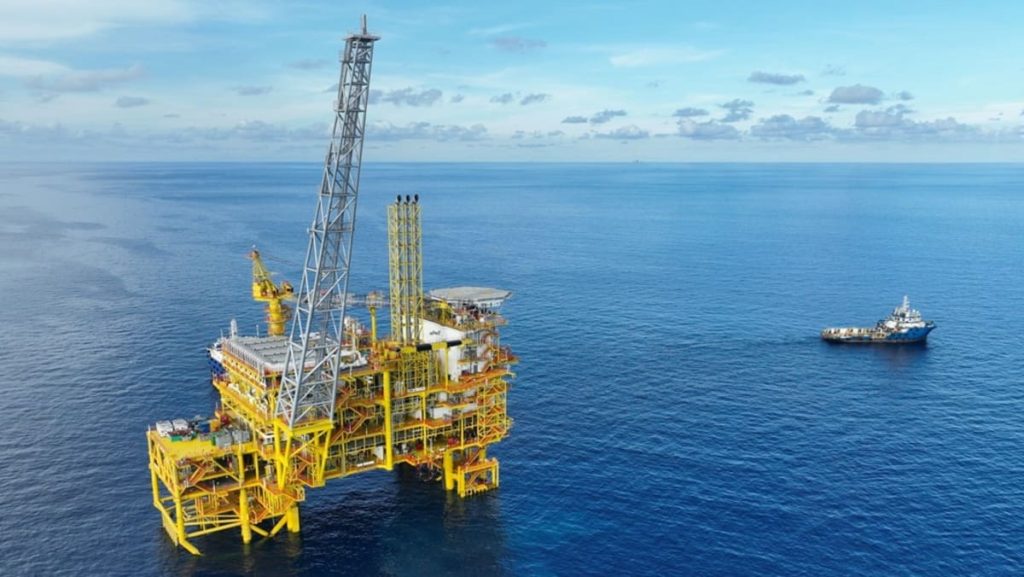The long-standing dispute between Malaysia’s national oil company, Petronas, and Sarawak’s state-owned oil company, Petros, over control of the state’s oil and gas resources has reached a significant milestone. A settlement was reached on January 7, 2024, in a meeting between Prime Minister Anwar Ibrahim and Sarawak Premier Abang Johari Openg. This agreement acknowledges Petros as Sarawak’s gas aggregator, but specifically excludes liquefied natural gas (LNG) from its purview. This nuanced distinction underscores the complex interplay between federal authority over oil and gas resources, as enshrined in the Petroleum Development Act (PDA) 1974, and Sarawak’s assertive pursuit of greater control over its own resources.
The core issue revolves around the distribution of gas within Sarawak. Petros’ designation as the state’s gas aggregator, under the Sarawak Distribution of Gas Ordinance 2016, grants it the authority to procure natural gas for distribution and supply, as well as to develop and maintain the state’s gas distribution network. However, the exclusion of LNG from this agreement signifies that Petronas retains control over this crucial component of Sarawak’s hydrocarbon resources. This strategic carve-out maintains Petronas’ dominant position in the lucrative LNG market, while allowing Sarawak some measure of control over the domestic gas market.
Sarawak’s significant contribution to Malaysia’s LNG exports – nearly 90% – underscores the strategic importance of this resource. As the world’s fifth-largest LNG exporter in 2023, Malaysia relies heavily on Sarawak’s production. The exclusion of LNG from Petros’ mandate ensures that Petronas retains the leverage to manage this vital export commodity, safeguarding national interests while navigating the complexities of federal-state resource management.
The historical context of this dispute highlights Sarawak’s persistent efforts to gain greater autonomy over its oil and gas resources. The PDA 1974 grants Petronas exclusive control over exploration and distribution nationwide, creating a tension with Sarawak’s desire for greater control over its own resources. Sarawak’s enactment of the Distribution of Gas Ordinance 2016 represents a significant assertion of state authority, albeit one that has required negotiation and compromise with the federal government. This recent settlement demonstrates a delicate balancing act, acknowledging Sarawak’s claim while preserving Petronas’ overarching authority.
The details of the settlement were disclosed in a parliamentary reply by Azalina Othman Said, Minister in the Prime Minister’s Department (Law and Institutional Reform), in response to a query from Sarawakian Member of Parliament Chong Chieng Jen. The agreement clarifies that while Petronas recognizes Petros as the state’s gas aggregator, it specifically excludes LNG from this designation. This clarification is crucial for understanding the scope of Petros’ authority and the continued role of Petronas in managing Sarawak’s LNG resources.
The resolution of this long-standing dispute signifies a step towards greater clarity in the relationship between Petronas and Sarawak. While not granting Sarawak full control over its oil and gas resources, the agreement acknowledges the state’s desire for greater participation in the management and distribution of its gas resources, excluding LNG. This compromise reflects the ongoing negotiation between federal authority and state autonomy in the management of Malaysia’s valuable hydrocarbon wealth. The future will reveal how this settlement impacts the development of Sarawak’s gas industry and its relationship with Petronas in the broader context of Malaysia’s energy landscape.

